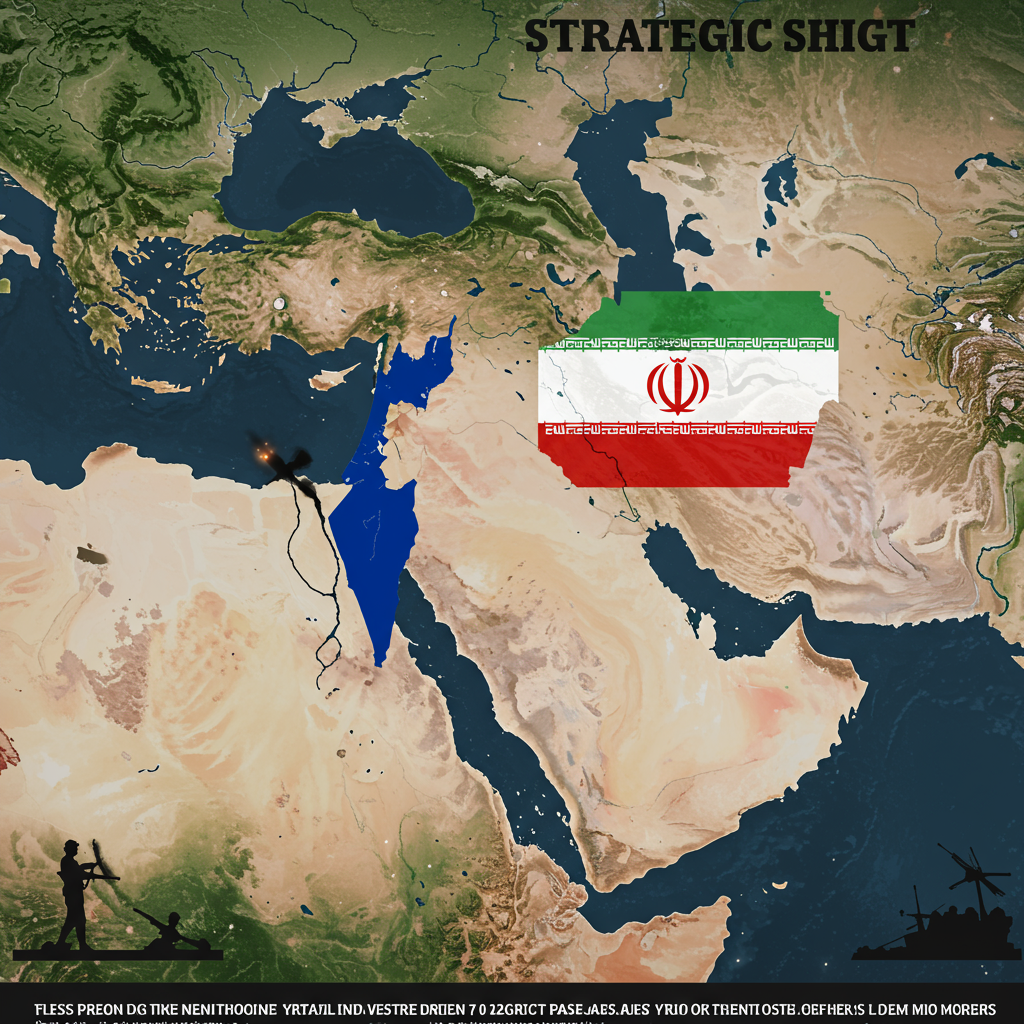Israel’s military claims to have killed two senior commanders from the Quds Force, the overseas arm of Iran’s Islamic Revolutionary Guard Corps (IRGC), in separate strikes this past Saturday. The alleged killings come amid escalating tensions and ongoing exchanges of attacks between Israel and Iran.
According to statements from Israel’s Defense Minister Israel Katz and the military, the targeted commanders were Saeed Izadi and Behnam Shahriyari (also identified as Benham Shariyari).
Key Commanders Targeted
Saeed Izadi, described by Israel as a veteran commander, was allegedly killed in a strike on an apartment in Iran’s Qom province. Israel identified him as the head of the Quds Force’s “Palestine Corps,” a unit focused on relations and coordination with Palestinian militant groups. Israeli officials claimed Izadi was a “main orchestrator” of the Hamas attack on southern Israel on October 7, 2023, financing and arming the group prior to and during the initial assaults. They also accused him of being responsible for military coordination between senior Iranian and Hamas figures. Izadi had reportedly been sanctioned by the U.S. and Britain over alleged ties to Hamas and Palestinian Islamic Jihad.
Behnam Shahriyari was reportedly killed in a strike on his vehicle overnight in western Iran or Tehran. Israel identified him as the commander responsible for the Quds Force’s Weapons Transfer Unit. According to Israel, Shahriyari oversaw “all weapons transfers” from the Iranian regime to its proxy forces across the Middle East, including supplying missiles and rockets to Hezbollah in Lebanon, Hamas in Gaza, and the Houthi movement in Yemen. Israel claimed these transfers were explicitly intended to advance Iran’s stated goal of destroying Israel.
Alleged Roles in Proxy Network
The Quds Force plays a central role in Iran’s regional strategy, having built the network of allied groups known as the “Axis of Resistance,” including establishing Hezbollah and supporting Hamas. Israel’s claims about Izadi and Shahriyari underscore their alleged critical functions within this network – managing relations with key Palestinian groups and facilitating the flow of weapons that enable these proxies to operate.
Defense Minister Katz hailed the killing of Izadi as a “major achievement for Israeli intelligence and the Air Force.” Similarly, Israeli military sources suggested Shahriyari’s elimination represented a “severe blow” to the ability of groups surrounding Israel to rearm and regroup after significant losses sustained during the ongoing conflict, particularly following Israeli offensives in Gaza since the October 7 attacks.
Unconfirmed Claims Amid Rising Tensions
As of reporting, the Iranian Revolutionary Guard Corps (IRGC) has not confirmed the deaths of either Saeed Izadi or Behnam Shahriyari.
These alleged strikes occur on the ninth day of intensified conflict between Israel and Iran. The period has seen mutual attacks, with Israel reportedly targeting military and nuclear sites in Iran and Iran launching retaliatory missile and drone barrages towards Israel. The escalating tensions have resulted in hundreds of reported casualties on both sides since June 13th, according to various sources, including Iranian officials, human rights groups, and Israeli authorities.
The claims regarding the killings of Izadi and Shahriyari highlight the direct targeting of key figures in Iran’s proxy strategy, a tactic Israel has increasingly employed as the regional conflict evolves.



